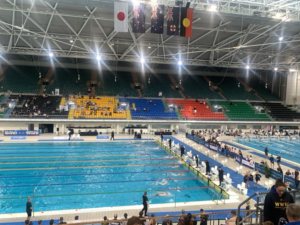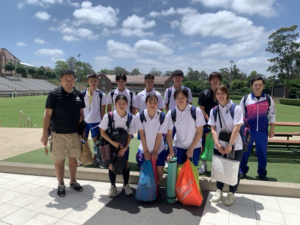Usually, Japanese local government staff are hired through a competitive examination system. Once they have been hired, they do not have fixed or limited terms of employment and can work until the retirement age of 60.
I think that is the big difference with the Australian system. In my understanding, Australian local governments hire their staff based on the vacancy of the position. In other words, when entering the field of local government, Australian people focus on the position while Japanese people focus on the organization.
The promotion system is also different. Japanese local government staff change their positions every few years. They experience various job titles and are promoted step by step.
Normally the positions of Japanese local government staff are shuffled in the beginning of April because the fiscal year starts on 1 April.
At the end of March, Minoru, Fukashi, Shinji and Saeka will leave our office and the new staff will replace them in the beginning of April.
I would like to express my sincere gratitude to you all who showed your kindness to them and ask for your continuous support of the newcomers.

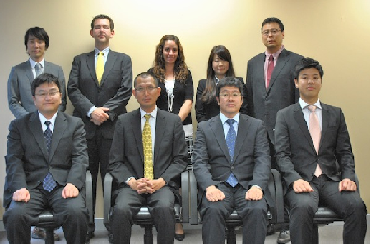
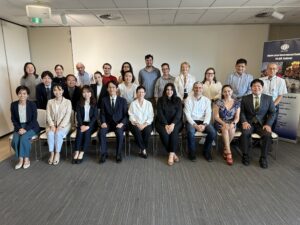
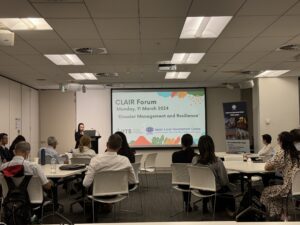
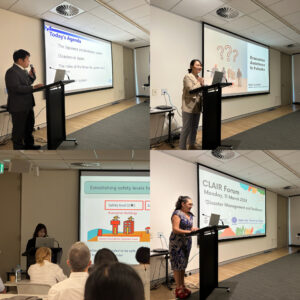
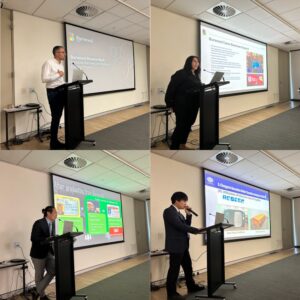
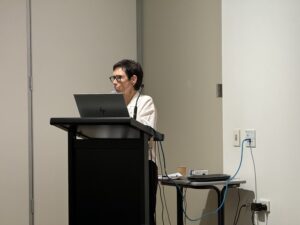
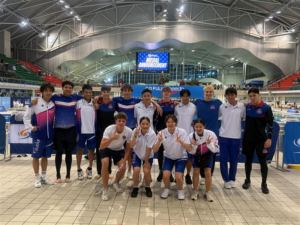 12月3~13日、福岡県水泳連盟の選抜選手8名がNSW州を訪問し、現地の学校との合同練習とNSW州の大会に参加しました。
12月3~13日、福岡県水泳連盟の選抜選手8名がNSW州を訪問し、現地の学校との合同練習とNSW州の大会に参加しました。